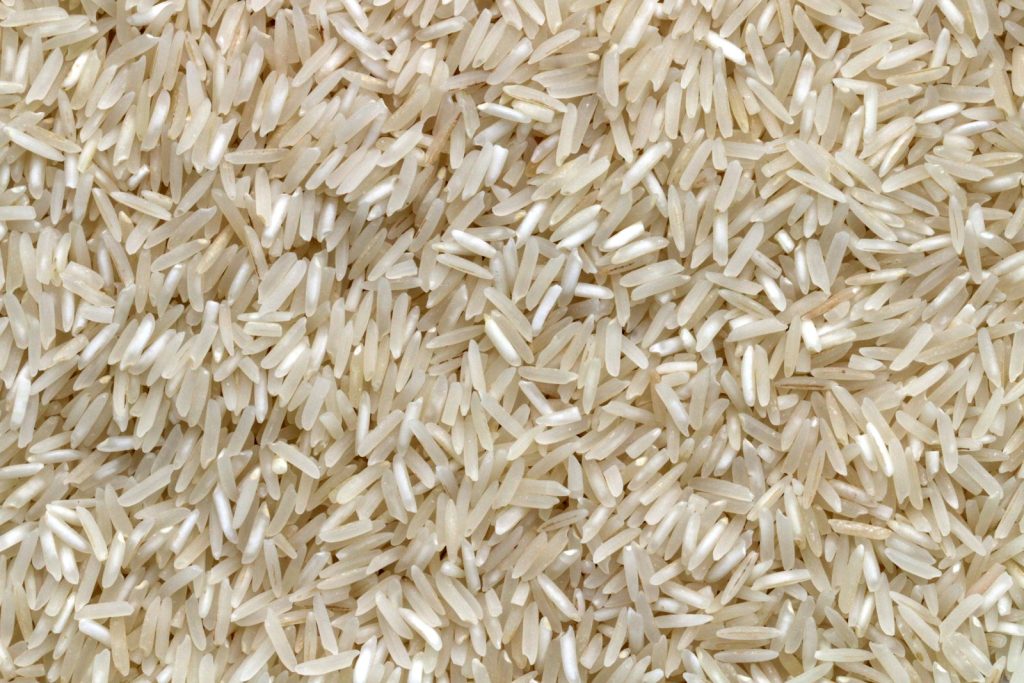In a bold move aimed at bolstering the national treasury, the Thai government has announced its plans to auction off its last stores of rice that have been aging for over a decade. This initiative, spearheaded by Deputy Prime Minister and Commerce Minister Phumtham Wechayachai, signifies a strategic approach to manage the country’s agricultural reserves. The announcement was made through a post on Phumtham Wechayachai’s Facebook page, indicating a modern approach to government communication.
Background of the Aged Rice Stockpile
The rice in question originates from a period of substantial controversy, stemming from a rice-pledging scheme that left the nation with vast quantities of stored grain. Over the years, this stockpile of rice has not only represented a financial challenge but also a complex issue related to agricultural policy and food security. The decision to liquidate these aged stocks demonstrates a pragmatic step towards resolving the legacy of past policies.
Objectives and Expectations
The primary goal of this unprecedented auction is to inject much-needed funds into Thailand’s state coffers. By converting these dormant assets into liquid capital, the government aims to enhance its budgetary flexibility and invest in pressing national priorities. Deputy Prime Minister Wechayachai’s announcement underlines the administration’s commitment to innovative fiscal strategies that ensure the country’s economic resilience.
Potential Impacts and Challenges
While the auction presents an opportunity for financial recovery, it also raises questions about market dynamics and the quality of the aged rice. Experts anticipate a keen interest in the auction from both domestic and international buyers, driven by the unique value proposition of this grain. However, the government faces the challenge of ensuring that the rice is fit for consumption or alternative use, adhering to stringent quality standards.
Looking Forward
This groundbreaking auction marks a significant chapter in Thailand’s approach to managing its agricultural resources and economic policies. As the world watches, the success of this strategy could pave the way for similar initiatives in the future, offering lessons in resource management and fiscal innovation. The Thai government’s transparent and proactive stance in this endeavor reflects a broader agenda of sustainable development and efficient governance.







